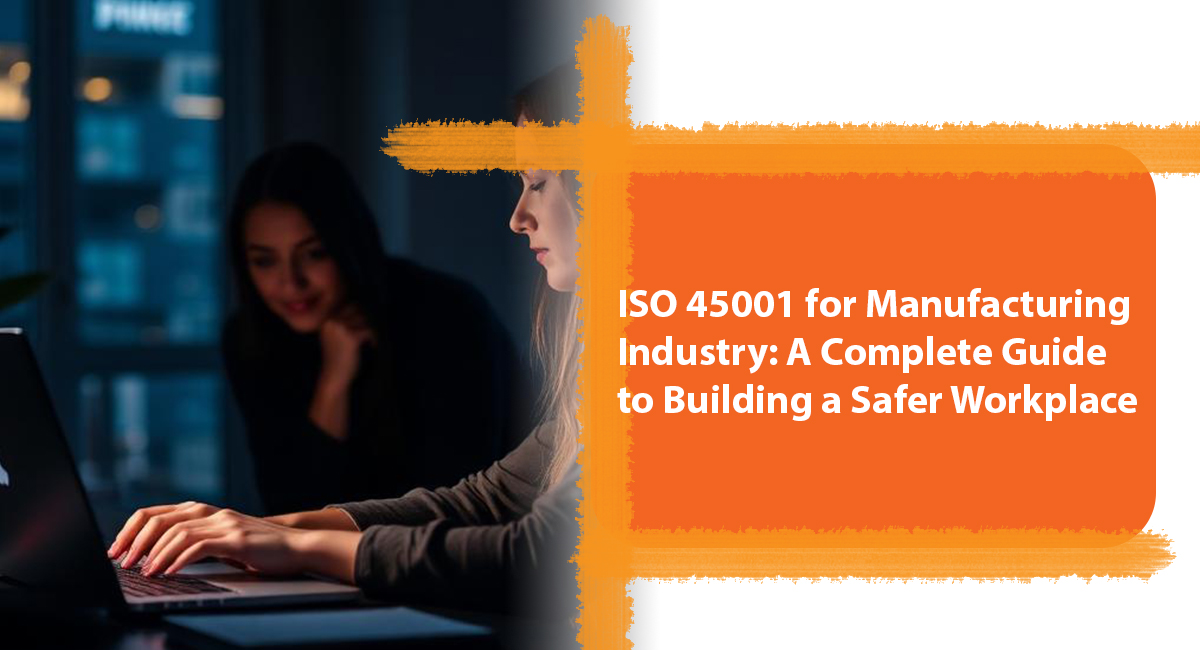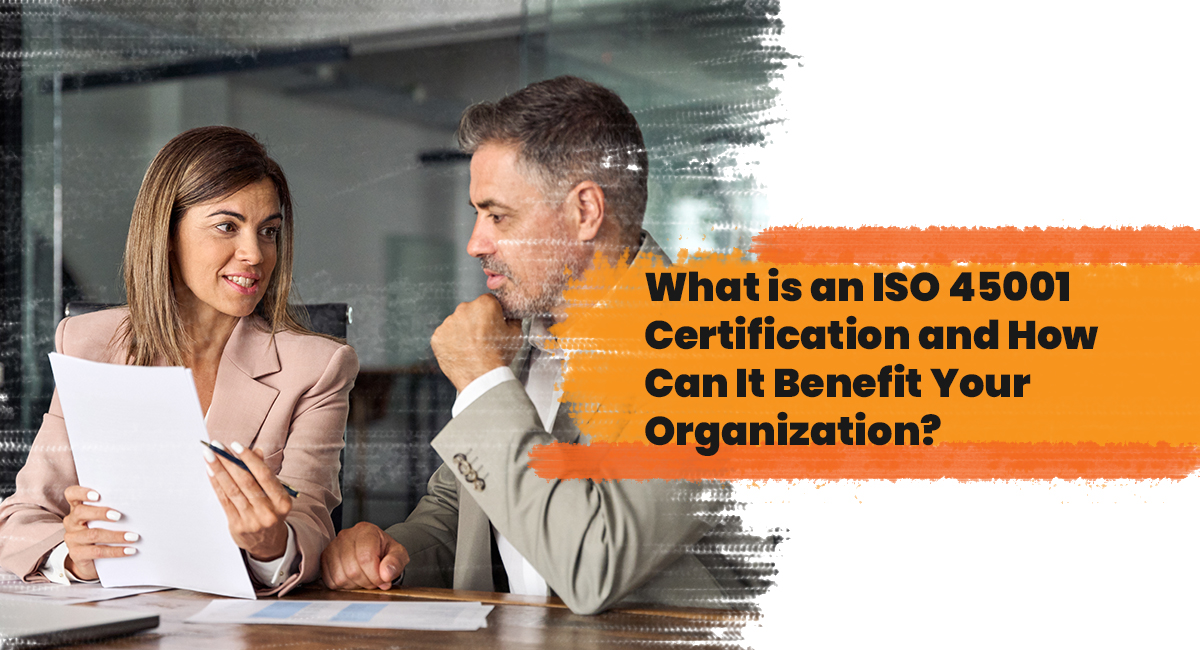QIC Global and Bluewolf are the same company.
QIC Global and Bluewolf are the same company.

ISO 45001 for Manufacturing Industry: A Complete Guide to Building a Safer Workplace

What is an ISO 45001 Certification and How Can It Benefit Your Organization?